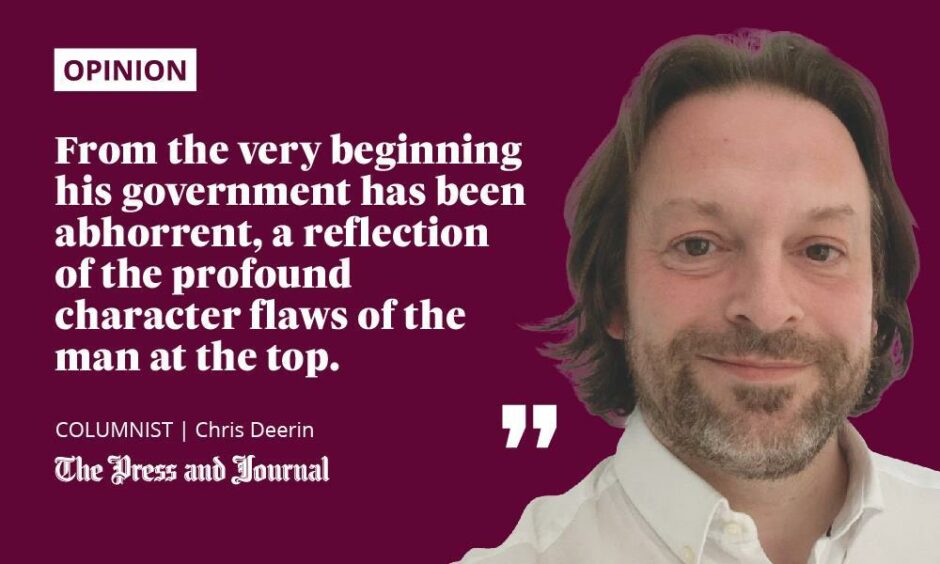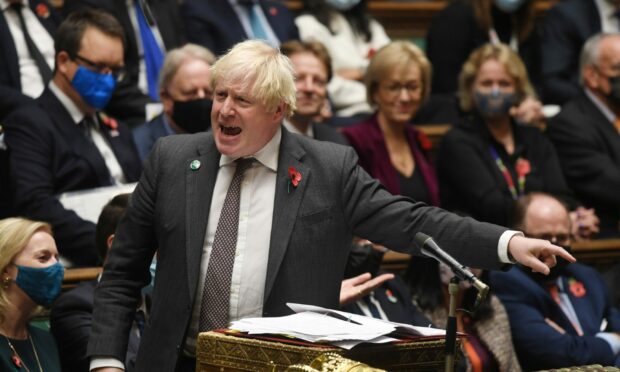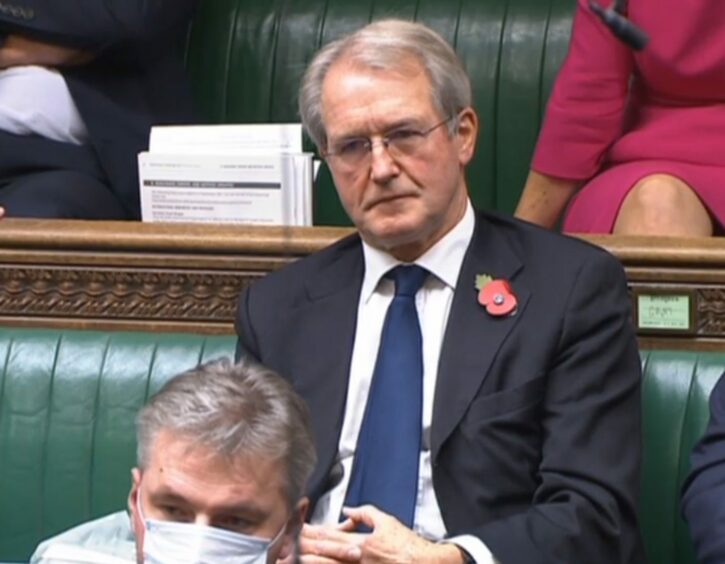Men, says Niccolo Machiavelli, are “ungrateful, fickle, dissembling, anxious to flee danger, and covetous of gain.” To control them, therefore, a leader should be both loved and feared. Where it is difficult to maintain such a balance – it usually is – one should choose to be feared.
This is the most commonly quoted section from The Prince, the wily Florentine diplomat-philosopher’s 16th Century treatise on bossing it. Less often noted is what follows: while fear among one’s subjects is good, hatred is not, and “it makes him hated above all things, to be rapacious, and to seize the property and the women of his subjects.”

You can see why Boris Johnson has problems. By the middle of this decade public spending will be the highest, as a share of GDP, since the mid-1970s, while taxation will be its highest since the early 1950s. His is proving a particularly un-Conservative, acquisitive and controlling administration. When it comes to women, he displays the morality and entitlement of a Medici prince.
Boris Johnson was once thought of as naughty but nice
The Prime Minister was once loved. As mayor of London and a lowly MP, his tour of the rubber chicken circuit delighted the elderly dames of Tory constituency associations. They liked his wit and his impertinence, and the uncertainty of whether he was going to kiss a cheek or goose one. Naughty but nice, was Boris.
Today, few would describe Johnson as nice. In fact, “ungrateful, fickle, dissembling, anxious to flee danger, and covetous of gain” quite neatly captures him. From the very beginning his government has been abhorrent, a reflection of the profound character flaws of the man at the top.
The past three years has been a hurricane of mismanagement, corruption and rule-breaking. In any other profession, the PM would long since have been fired or departed, in that loaded phrase, “by mutual agreement”.
In the past few weeks alone we have seen an army of leaders fall on their swords. Jes Staley, the chief executive of Barclays, resigned over an investigation by regulators into his relationship with the convicted paedophile Jeffrey Epstein. The chairman of Yorkshire County Cricket Club has quit in the wake of racism allegations. UK Athletics lost its chief executive and its head of performance due to internal ructions. Even a Conservative politician, Owen Paterson, has gone, due to his acceptance of staggering amounts of money to lobby on behalf of two companies.
PM has taken slipperiness to a new level
Political leadership too often begins with a declaration of personal responsibility – “the buck stops here” – followed by everything humanly possible being done to avoid taking any. Johnson, though, has taken crass, arrogant slipperiness to a new level. On his appointment as PM he appointed a largely third-rate Cabinet both to reward slavishly loyal Brexiteers and to avoid any risk of competition. He oversaw the defenestration of a generation of respected, civilised Tory MPs – remember David Gauke, Justine Greening, Dominic Grieve, Rory Stewart and Nicholas Soames? – because they stood up for the rights of parliament.
One could go on and on about the sheer depravity of this government and this Prime Minister – the mismanagement of the Covid response, the NHS contracts for pals, the peerages for cash, the Horlicks being made of Brexit, the renovation of the Downing Street flat – and still not reach the end.
He protected Dominic Cummings, his chief of staff who so spectacularly broke lockdown rules, and Priti Patel, the Home Secretary, after a Cabinet Office inquiry found her guilty of bullying staff. He declared the matter “closed” after married health secretary Matt Hancock was videoed snogging his aide, only for Hancock eventually to be forced out (the same Hancock had been briefed against as “useless” for months by No 10).
Johnson kept Robert Jenrick, the housing secretary, in post after the latter approved a £1bn house-building project hours before a council levy kicked in that could have cost the developer, a Tory donor, £40m. And he bent every rule he could to save Paterson, attempting to subvert the independence of parliament before it all simply became too tough.
Contempt for parliament and contempt for the electorate
One could go on and on about the sheer depravity of this government and this Prime Minister – the mismanagement of the Covid response, the NHS contracts for pals, the peerages for cash, the Horlicks being made of Brexit, the renovation of the Downing Street flat – and still not reach the end.
It was thoroughly damning to hear Sir John Major savage Johnson at the weekend, suggesting the administration was “politically corrupt”.
"Shameful and wrong" & "trashing Parliament" – two of the accusations from former PM Sir John Major about the handling of the standards watchdog's findings on Owen Paterson.
Hear his full interview with @bbcnickrobinson here: https://t.co/vZ8msBJD2z pic.twitter.com/w4pGYFG8nH
— BBC Radio 4 Today (@BBCr4today) November 6, 2021
“They have broken the law, the prorogation of Parliament,” said the former PM. “They have broken treaties, I have in mind the Northern Ireland Protocol. They have broken their word on many occasions. There’s a general whiff of ‘we are the masters now’ about their behaviour.”
Contempt for parliament and contempt for the electorate. If it weren’t for the tragically misfiring Keir Starmer, Johnson would be in much deeper trouble than he is. As things stand, he is neither loved nor feared and will leave a shameful legacy and a diminished country behind him. As they say, character is destiny.
Chris Deerin is a leading journalist and commentator who heads independent, non-party think tank Reform Scotland
Read more by Chris Deerin:
- Greta Thunberg and her generation will stay angry for years to come
- The sooner we admit we aren’t equipped to go ‘back to normal’ the better
- China can no longer claim to be a good global citizen











